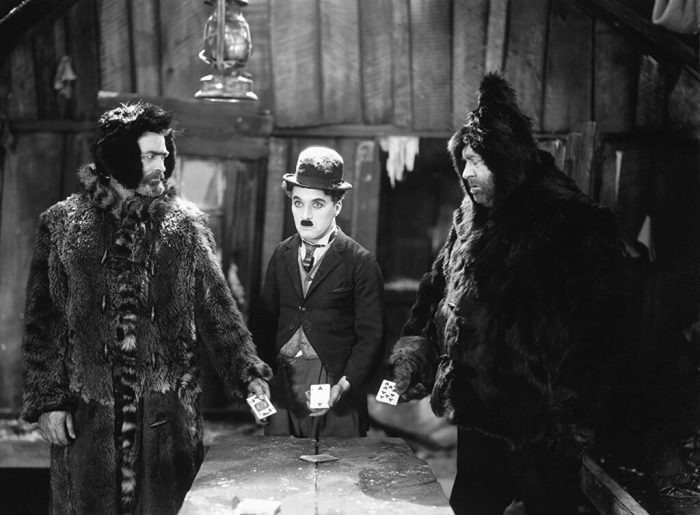100 Years Ago This Month: Historical events from June 1925
The month of June has been home to many historical events over the years. Here’s a look at some that helped to shape the world in June 1925.
• Twenty-one-year-old New York Yankee Lou Gehrig is inserted as a pinch hitter for Pee-Wee Wanninger in a game versus the Washington Senators on June 1. Gehrig’s appearance begins what would become a streak of 2,130 consecutive games played.
• An Independence Tribunal orders the closure of Turkey’s Progressive Republican Party on June 3. The order is issued on the grounds that the party had supported the protection of Islamic religious customs that had spurred the Sheikh Said rebellion.
• The Rentenmark becomes obsolete in Germany on June 5. The currency had initially been issued in 1923 to combat hyperinflation in the Weimar Republic. The Reichsmark replaced the Rentenmark.
• Walter P. Chrysler incorporates the Chrysler Corporation on June 6 after acquiring the assets of the defunct Maxwell Motor Company.
• Norway sends out two planes to search for Roald Amundsen and his crew on June 6. The explorers had been on the North Pole seaplane expedition but were missing for two weeks before the planes were sent. Amundsen and his crew would land safely in Norway on June 16.
• On June 7, the Beaumont-Hamel Newfoundland Memorial is unveiled on the grounds where the Battle of the Somme had taken place in France in July 1916.
• Seventeen people are killed as a result of a coal mine explosion in Sturgis, Kentucky, on June 8.
• Eddie Gaedel is born in Chicago on June 8. Despite his career lasting just a single plate appearance, the 3-foot-7 Gaedel is remembered as the shortest player in Major League Baseball History.
• On June 11, the Republic of China agrees to assist the Empire of Japan and Japanese soldiers with the removal of Korean immigrants from China’s northeastern provinces, where Korean independence agitators had established a foothold.
• The Southern Branch of the University of California, now known as the University of California, Los Angeles, awards its first Bachelor of Arts degrees on June 12. Ninety-eight of the 128 degrees are awarded to women.
• Charles Francis Jenkins publicly demonstrates the synchronized transmission of pictures and sound in Washington, D.C. on June 13.
• Hawaiian surfer Duke Kahanamoku, a gold medal-winning swimmer at the 1912 Olympic Games, saves eight people off the coast of Newport Beach, California, on June 14. Kahanamoku’s heroics were prompted by the capsizing of the fishing yacht Thelma.
• The Philadelphia Athletics score 13 runs in the eighth inning of a game versus the Cleveland Indians on June 15. The thirteen-run outburst erases a 14-2 deficit, and the comeback from 12 runs down remains a record today. The 1925 Athletics share the record with the 1911 Detroit Tigers and the 2001 Indians.
• Thirty-eight nations sign the Geneva Protocol on June 17. The protocol establishes a general prohibition on the usage of chemical and biological weapons in international armed conflicts.
• Italian Prime Minister Benito Mussolini launches “La battaglia del grano” (“The Battle for Grain”) on June 20. The campaign aspires to decrease Italy’s reliance on imported grain and advocates for the consumption of rice and rice-based substitutes for traditional Italian foods.
• The Vietnamese Revolutionary Youth League is formally established on June 21. The organization is considered the beginning of communism in Vietnam.
• The Irish Free State holds elections on June 23. The elections are the first local elections since Ireland gained its independence.
• General Theodoros Pangalos leads a bloodless coup d’etat to overthrow the government of the Second Hellenic Republic on June 25. Pangalos installs himself as the leader of Greece a day later.
• “The Gold Rush” starring Charlie Chaplin premieres at Grauman’s Egyptian Theatre in Hollywood on June 26. The film remains one of the most celebrated works of Chaplin’s career.
• After a speech by Helen Keller at its international convention in Ohio, the Lions Club formally launches its signature mission of assistance to the blind and the visually impaired on June 30.







